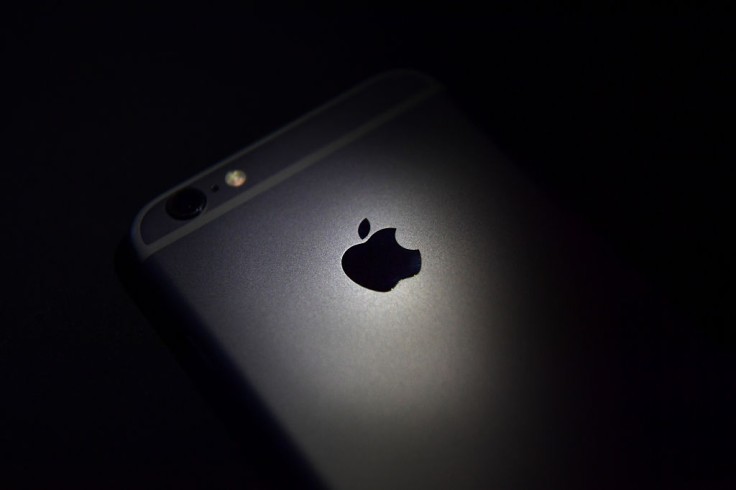
Apple and its iOS have it rough in these last few weeks--with their iOS 14.5 reportedly corrupted, the security flaws discovered on macOS 11, and even the AirTags being hacked open to send malicious content to scanning devices. So now might be the best time to check your iPhone for possible viruses or malware problems.
Apple was advertised mainly for its secure platform with its end-to-end encrypted systems. Unfortunately, hackers are getting smarter with their attacks. Recent reports show that malicious actors could exploit Apple devices and use them to hack your personal data and even stalk you around.
Even worse is the fact that Apple remains a giant ecosystem. If a hacker gains access to one of your devices, they could search for the rest of your Apple devices. For example, hacking into your iPhone, the hacker could use the smartphone's "Find My" app and locate where you put your Mac, AirTags, AirPods and other Apple devices. Apple has no security measure against this because, according to their system, it's "your" phone that asking for your devices.
Check Your iPhone for Virus Warning Signs
To make sure that your iPhone is free from virus, Clario suggested to keep an eye out for the following signs:
- Jailbroken iPhone: Some users jailbreak their device to install an app outside the official App Store. Unfortunately, this leaves the iPhone open to malicious software running in the background. To avoid this, immediately delete the apps you recently downloaded, especially those heavy with advertisements. Restore from earlier, safe backup settings.
- Apps You Don't Recognize: Seeing new apps you never downloaded is a very bad sign. It means the hacker has gained access to your iPhone and is installing new software to their advantage. Immediately restore from backup or resort to factory settings.
- Data Usage is Up or Your Apps Are Crashing: Viruses or Malware often corrupt apps, making them load longer. Sometimes, this results in eating up more Data usage from your device. If your Data Usage shoots up by 20 percent more than you're used to, inspect which apps are running over time. Delete it and reinstall it if necessary.
How to Remove Malware from Apple Device
To keep your iPhone virus-free, here are a few steps AVG recommends that you should do:
Clear History and Data: Although this will delete your recent browsing history, it will also remove adware-like infections that come from malicious websites. To do this, go to: Settings > Safari > Clear History and Website Data.
Power Off and Restart Your iPhone: Restarting your iPhone would reset its systems to optimal performance. To do this: Hold the iPhone's Power Button > Wait for the Slide to Power Off slider to appear > Slide it to turn off.
Restore From Earlier Backup: if your iPhone is still running slow after the two methods above, try to restore it from an earlier backup. To do this, go to: Settings > General > Reset > Erase all Content and Setting. To restore, head to Apps & Data screen > Restore from iCloud Backup > Sign in to your Apple ID.
Only use these steps after confirming that your iPhone has been corrupted by the signs above. Otherwise, keep your iPhone updated with the latest iOS to ensure that your security settings are kept up-to-date.
Related Article: Apple iPhone 13 Rumors, Specs and More: Bigger Battery and Size, Same Lightning Port Teased!









